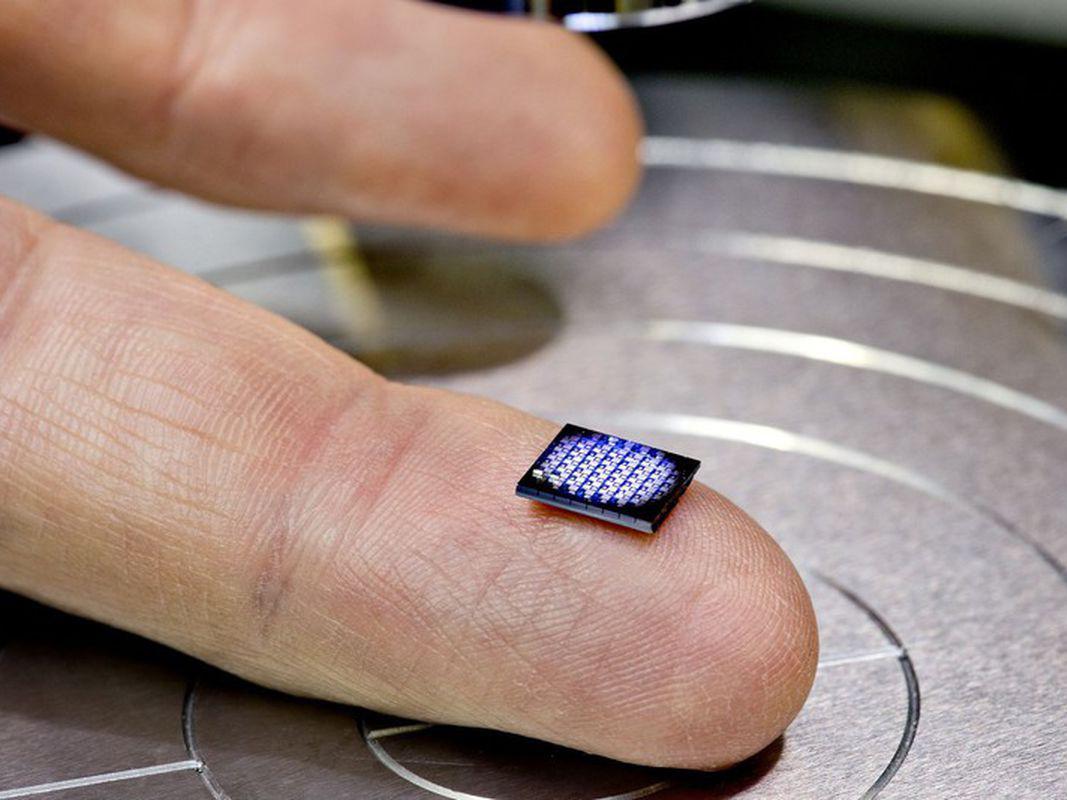IBM unveils world's smallest computer
'Crypto-anchor' smaller than a grain of salt designed for embedding in tags and packaging to record data on where a product has been

Your support helps us to tell the story
From reproductive rights to climate change to Big Tech, The Independent is on the ground when the story is developing. Whether it's investigating the financials of Elon Musk's pro-Trump PAC or producing our latest documentary, 'The A Word', which shines a light on the American women fighting for reproductive rights, we know how important it is to parse out the facts from the messaging.
At such a critical moment in US history, we need reporters on the ground. Your donation allows us to keep sending journalists to speak to both sides of the story.
The Independent is trusted by Americans across the entire political spectrum. And unlike many other quality news outlets, we choose not to lock Americans out of our reporting and analysis with paywalls. We believe quality journalism should be available to everyone, paid for by those who can afford it.
Your support makes all the difference.IBM has unveiled the world's smallest computer - a device no bigger than a grain of salt.
Presented at the company's Think 2018 conference in Las Vegas, Nevada, the unit measures just 1mm by 1mm but has the same processing power as the x86 chip that ran early Nineties IBM desktop computers.
The microscopic "crypto-anchor" is a complete system-in-a-chip - featuring processor, memory, storage and communication module - and is essentially an anti-fraud device.
It is designed to be embedded within price tags and product packaging, tracking and logging the movement of goods during shipping to enhance supply chain security.
"The world’s smallest computer is an IBM-designed edge device architecture and computing platform that is smaller than a grain of salt will cost less than 10 cents to manufacture and can monitor, analyse, communicate and even act on data," the company said.
"It packs several hundred thousand transistors into a footprint barely visible to the human eye and can help verify that a product has been handled properly throughout its long journey."
The units - still at the prototype stage - will also serve to authenticate products bought online like foods, pharmaceuticals and luxury goods to ensure they have not been tampered with.
"They’ll be used in tandem with blockchain’s distributed ledger technology to ensure an object’s authenticity from its point of origin to when it reaches the hands of the customer," IBM's Arvind Krishna explained.
Join our commenting forum
Join thought-provoking conversations, follow other Independent readers and see their replies
Comments